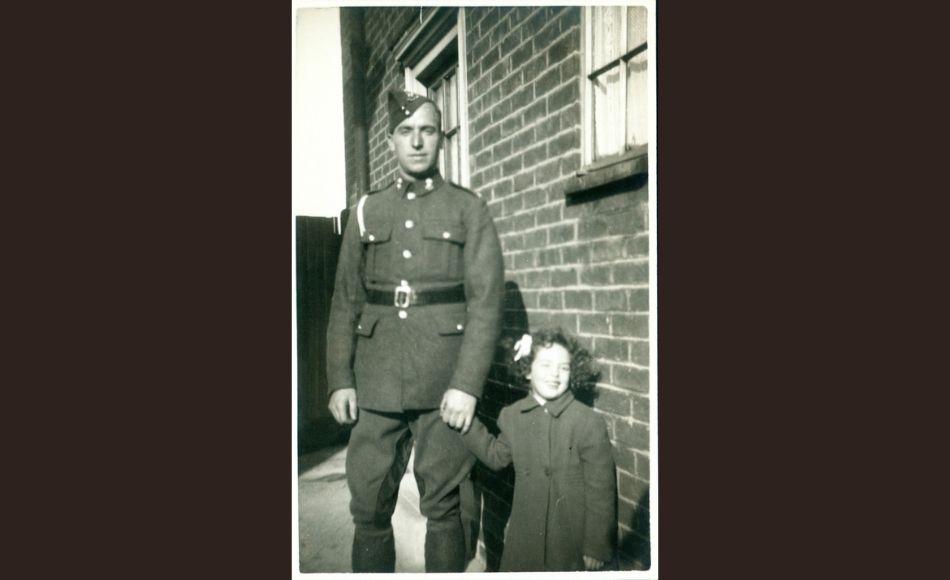Diary of Gunner Arnold Day
This wartime diary, written between 10 May 1944 and 13 May 1945, belonged to Gunner Arnold Day of 75 Heavy Regiment, Royal Artillery. It was generously donated to the Royal Artillery Collection by his daughter, Dorothy Day.
The diary begins with the final assault on Monte Cassino—an imposing hilltop monastery south of Rome, fiercely defended by German forces. Its strategic position made it a key point on the Gustav Line, and some of the heaviest fighting in the Italian campaign took place there from January to May 1944.
On 11 May, as Allied forces prepared for the decisive offensive, Arnold recorded:
“When we saw the infantry leaving at tea-time we all felt like rushing over to them, shaking them by the hand and wishing them the best of luck, but they were laughing and joking as if they were going to a picnic instead of into the jaws of hell. It was rather a depressing sight to see the red cross men following on. … At 22:55 we stood outside the dug-out and dead on the stroke of 23:00 hrs the very heavens seemed to open with an earsplitting nerve-shattering roar, the sky was lit up as if by a very powerful yellow arc lamp and the whole countryside seemed alive with spurts of flame from the guns flitting across the place for all the world like a mass of gigantic fireflies.”
The next day, Allied troops—including the 4th Infantry Division and 8th Indian Division—established bridgeheads across the Rapido River and captured the nearby village of Sant’Angelo. On 18 May 1944, after four months of brutal fighting, Polish troops finally took the ruins of the monastery.
Arnold noted the capture of more than 150 German paratroopers—“a sorry looking crowd”—but also reflected on the human cost:
“There was an overpowering smell of death, decay and burnt flesh—it was sickening. I could see where the men had dropped in their tracks after they had been hit, their bloodstained kit scattered around. In one place by the side of two graves, there was some kit scattered around, among it were two air-mails. I picked one up, it was addressed to Pte Howes, and looking at the back I saw it was from Mrs Howes, from Camberwell. I could not resist opening it to find out if it was his mother or wife, and here are the last two lines, which is all I saw of the letter:
‘Take care of yourself, and come back to us. From your Loving Wife and little Daughter. xxxxx’
“I stood there trying to picture the little home in Camberwell, whose world lay under that heap of stones with the little rough wooden cross. I could picture the home alright, but by some queer twist the occupants were Glad and Dorothy (Arnold’s wife and daughter) and my stomach seemed to turn a complete somersault, and I hurried away.”
After the Battle of Monte Cassino, Arnold’s regiment pushed forward toward the next German defensive line. He was discharged from the army on 12 September 1945.


